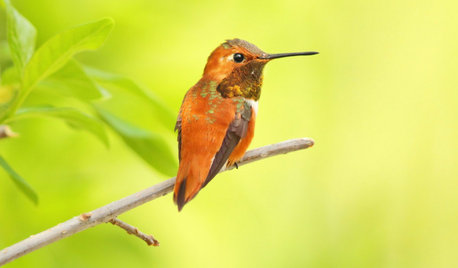Whether to Use Bleach to Prepare Milkweed Leaves Fed to Monarch Cater
In an effort to prevent bacterial infections to the larvae and then to the adult butterflies, forum members use varying methods:
Posted by susanlynne48: I was reading the FAQ info on discouraging and preventing the spread of OE in Monarchs, and that one of the solutions suggested rinsing the milkweed in a 10-15% solution of bleach and then rinsing well before feeding it to the cats. Does anyone do this? I have not been doing this and wondered if I should be. Thought perhaps some of the rest of you might have opinions on it.
Posted by tdogmom: Personally, I don't do it nor would I encourage it. A Dr. Altizer recomended the method. I know that there is even some sort of proprietary product available from Educational Sciences (I think that Live Monarch also sells something) but then again I just don't think that it is 'safe' to provide something like this...but, that's MY opinion.
I think the best thing is to check for OE in the adults and make sure that you don't have infected ones out there in your yard. I know this is not always possible, particularly if you have 'gazillions' of them flying about. But doing what you can sure as heck helps.
I do one thing with my Milkweed and whether or not that helps I do not know...I wipe each and every leaf I feed with those anti-bacterial Kleenex tissues. I doubt that this is really doing much to help with OE but I have found that it has helped to reduce the Black Death caused by the bacteria and virus that can be found lurking about in the soil...
I wipe every single leaf with the tissues THEN I wipe them one more time with a paper towel (now you can see why it takes me forever to feed the caterpillars!). I have never used any solutions of any sort on the Milkweed leaves. I haven't had a problem with OE on the Monarchs I raise myself-only with those I collect in the wild. I separate cats & eggs so it can get to be quite hectic when I raise Monarchs!
Posted by connie-k: I soak all of my milkweed leaves in a 5-10 percent solution of bleach for about 5 min. and then rinse and rinse and rinse. I then stand up my leaves so that the water drains off and then I refridgerate the leaves and use as needed. I have not had any OE and I have not lost any to parasites or Black Death--I have raise well over 500 this year.
Posted by linda_centralokzn6: I have been doing a 15% bleach solution, soaking leaves for 20 min., and letting set in rinse water for 20 min., and then rinsing thoroughly the milkweed leaves and cuttings for about 2 weeks now. Then it takes about another 20 min. for the leaves to dry. By that time the poor milkweed is pretty darned wilted!!! No OE yet, but the leaves look pretty pathetic.
Coming from a medical background, I would question 5 minutes being long enough to sterilize anything. Perhaps, 15 min. would be long enough. And IF the leaves were rinsed really well, I wonder if the the letting sit in rinse water for 20 min. could be omitted. I've still got about 20 min. drying time, before they're dry enough to feed the cats.
I believe that I will back off to the 10% solution.
Posted by msrpaul: Cleanliness is a great thing, but bleaching in my mind is extreme...of course, that depends on your feeding method. I have found the best way to feed cats is to have plenty of MW both wild in the garden, and in many many pots that I can use and rotate. I gather the small cats from the yard as I find them, and place them on the plants in my garage tent. This is by no means an immaculate area, but I do hose the floor daily to rinse the frass (poop), and I rotate the pots as they eat the leaves down. My biggest chore is moving cats so that they have plenty to eat....using cut MW is even more labour intensive, requires a lot of container maintenance, and wilts quickly. It's my last resort if my pots are eaten. This is a matter of preference, I think Connie is more experienced in this than I, and I have contemplated this method, but I have been well over 95% success, compared to about 10% in nature...so I'm happy with that.





Related Discussions
Mosquito control
Q
Help!
Q
When to say enough?
Q
Growing Calotropis procera from seed
Q